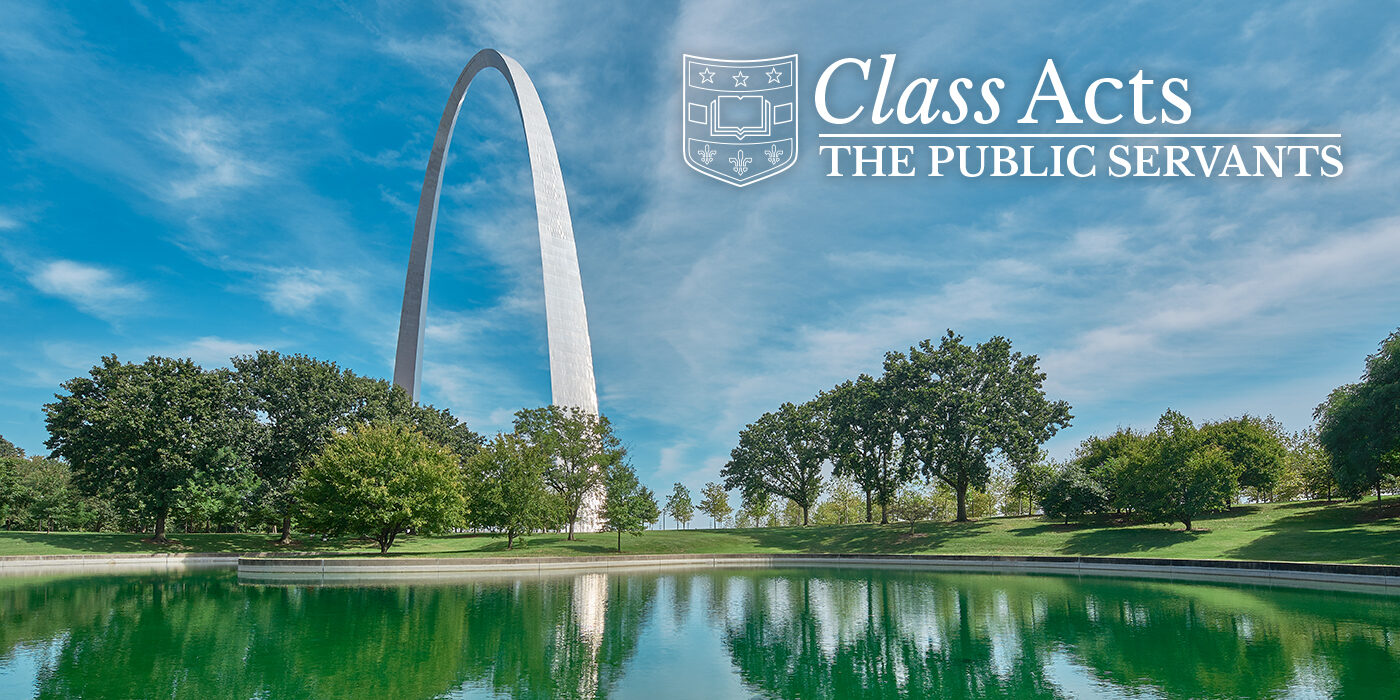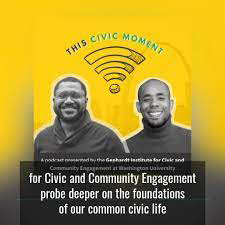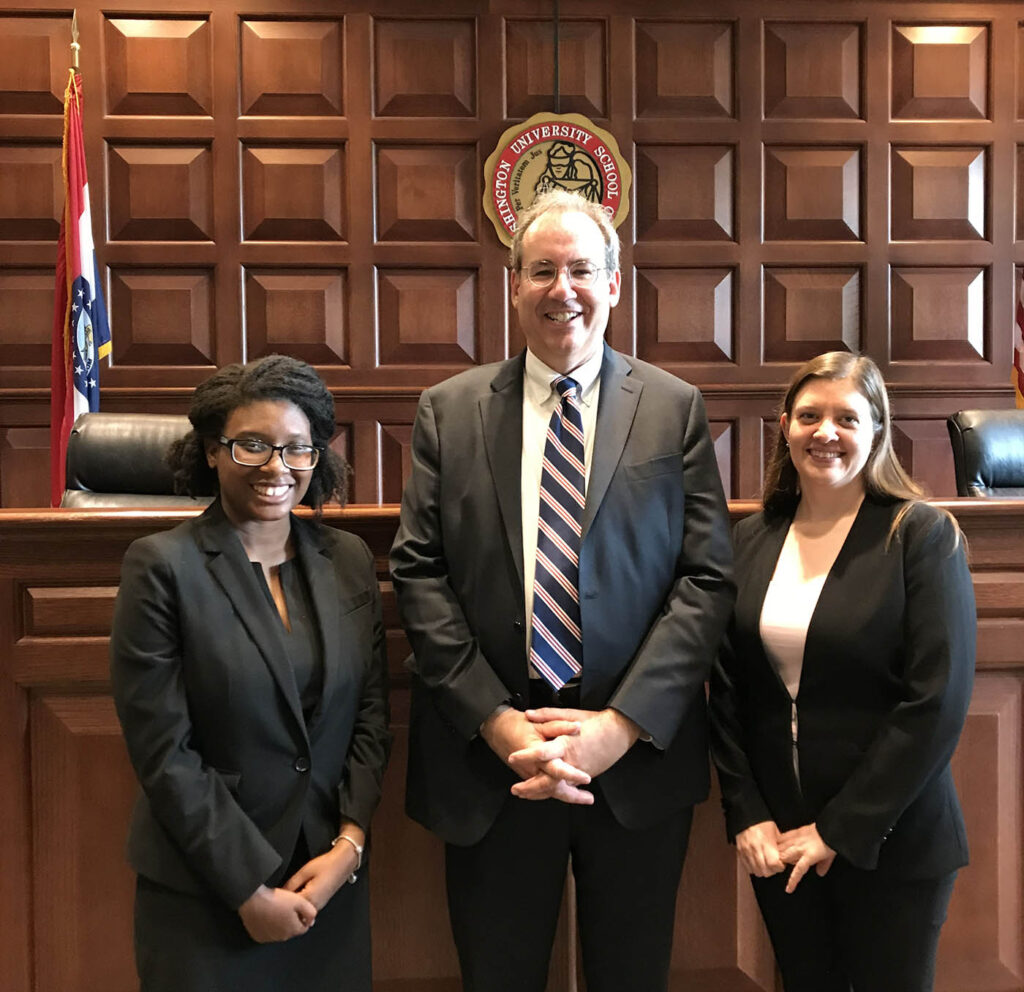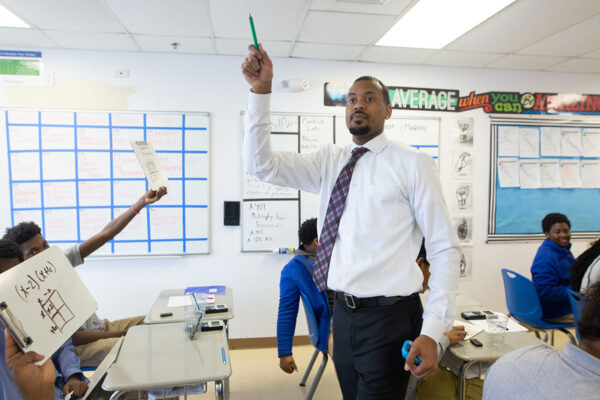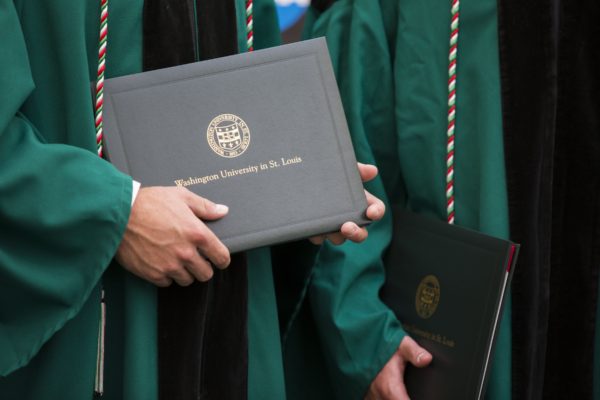Over the past five weeks, Class Acts has celebrated the makers and the advocates, the researchers and the champions for health equity. Here, we meet three public servants who have worked to build a stronger St. Louis — David Blount, a policy expert at the Brown School, Deanna Davise, a defender of children at the School of Law, and Theresa Matheus, a middle school educator at University College.
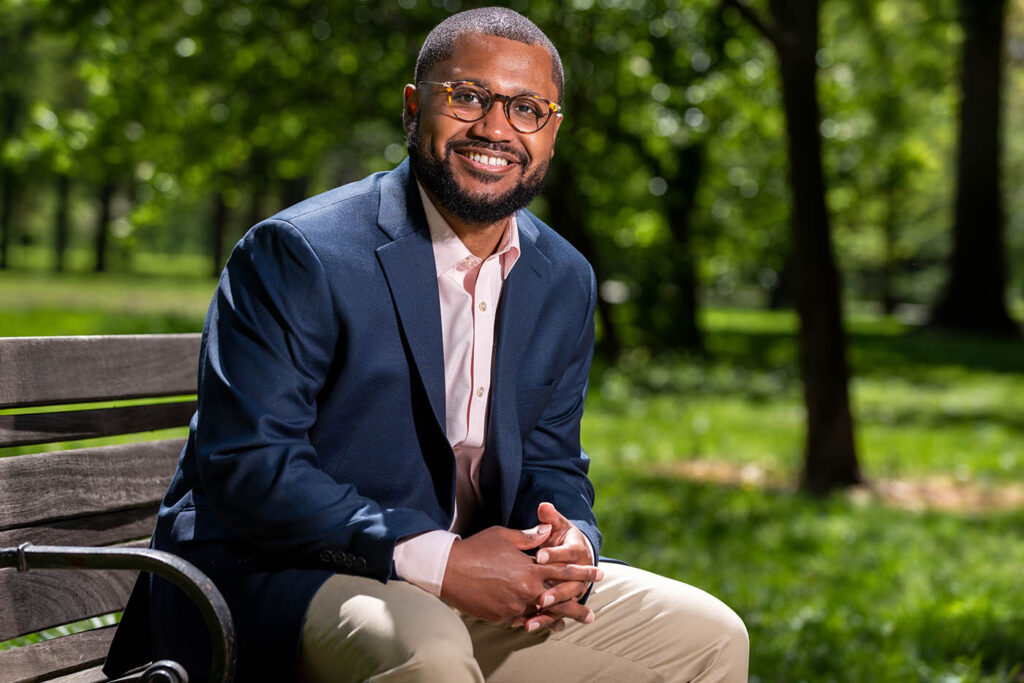
Early on, David Blount knew he wanted to build strong communities like the one at St. Elizabeth, Mother of John the Baptist Catholic Church in north St. Louis. The church provided housing, operated a food pantry and hosted neighborhood events.
“That’s where I learned the value of civic culture and what it means to be a servant leader,” said Blount, a master’s in social work candidate at the Brown School.
Blount decided to focus on policy work after serving as a City Year corps member in Chicago. He loved helping students, but recognized the limits of what he could accomplish in a classroom.
“Some students were homeless, others had no family,” Blount said. “ It was extremely hard to hold that suffering. That’s when I started to think policy was the place where I could help make the structural changes needed for more equitable environments.”
Blount moved to Washington to worked at the Congressional Hunger Center and the Urban Institute. Ready to further his education, Blount could have studied law or economics like many peers. Instead, he chose social work.
“I wanted a more holistic lens,” Blount said. “My Brown School education has shown me how to democratize the work so people on the front lines can lead these processes and determine their own measures of what success looks like.”
Blount completed practicums at City Garden Montessori School, Metropolitan St. Louis Equal Housing and Opportunity Council, Beyond Housing and Rise Community Development. He also launched the Gephardt Institute podcast “This Civic Moment.”
Those experiences prepared Blount for his new role as senior policy analyst for the Center for the Study of Social Policy in Washington, where he will develop anti-racist social policy and community-based programs.
“I will always think about how my research and advocacy supports the good work happening in St. Louis,” Blount said.
— Diane Toroian Keaggy
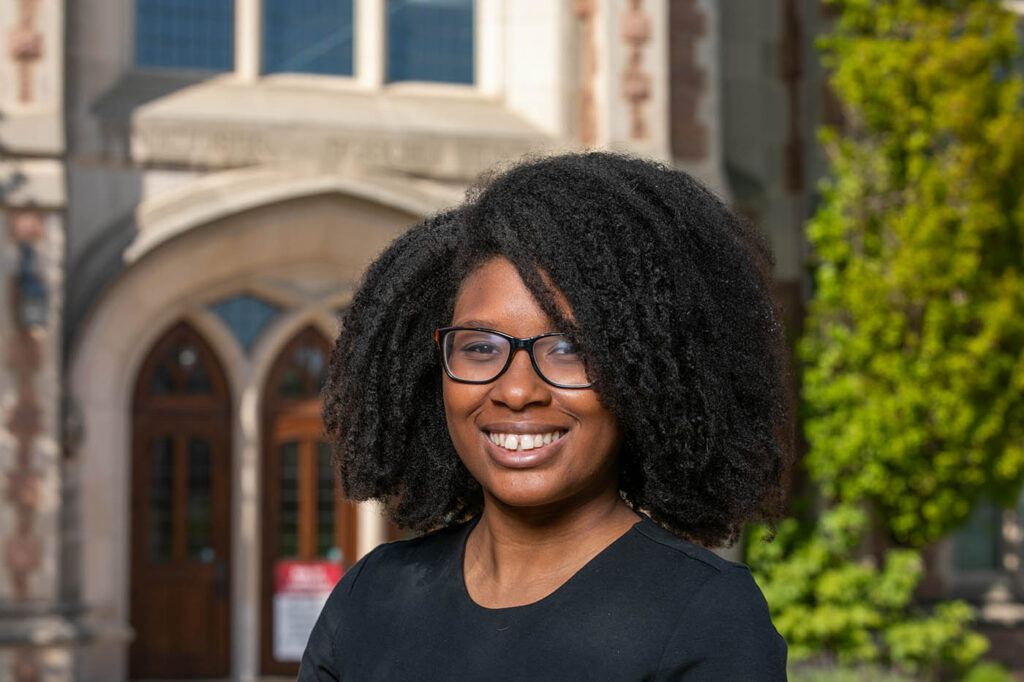
Deanna Davise has a passion for helping people.
Davise, a juris doctor candidate at the School of Law, spent this year working with the school’s Children Rights Clinic, which provides free legal services to children and families in the metropolitan St. Louis area, and their docket primarily consists of cases involving custody, child orders of protection and guardianships.
“The best part of working at the Children’s Rights Clinic is being able to meaningfully contribute to St. Louis,” Davise said. “I have loved the work because it has allowed me to use the education that a lot of people who look like me aren’t able to get and actually help some of our most vulnerable population — children. I think most of us understand that childhood really sets the foundation of the rest of our lives, and being able to impact children during that very important period is an amazing experience.”
“While employment post-graduation will take her into a totally different area of practice, she has engaged in the work and with the families we work with in a way that belies that fact,” said Kathryn Banks, associate professor of practice at the School of Law and director of the Children’s Rights Clinic. “She is a true testament to the difference a dedicated and determined legal advocate can make in the life of some of our population’s most vulnerable citizens.”
Davise, who also was president of the Women’s Law Caucus and a member of the Black Law Student Association, is also proud of teaching the “Law, Gender and Justice” course to undergraduates.
“Teaching the undergrads was a challenging but rewarding experience,” she said. “They were so receptive to learning about different perspectives and so willing to work toward solutions to problems that can seem impossible to solve.”
Following Commencement, Davise will begin a position at the law firm Bryan Cave Leighton Paisner in St. Louis; she hopes to continue her children’s rights work pro bono.
— Neil Schoenherr
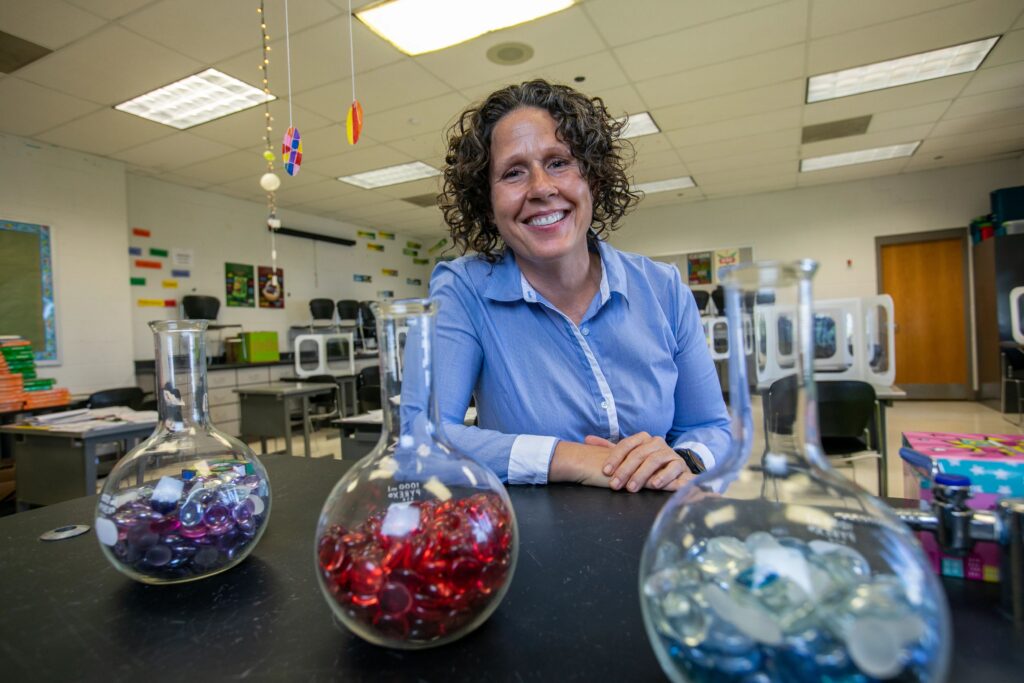
Theresa Matheus was working in Alaska with dreams of becoming a park ranger when her dad suffered a stroke. She returned to St. Louis and took a job that offered the flexibility she needed — substitute teaching. Then the unexpected happened.
“I fell in love with the students, the environment, everything,” said Matheus, who was at Mason Elementary in St. Louis Public Schools. “I realized, ‘Hey wait, I have to explore this.’”
Matheus applied to the St. Louis Teacher Residency, an initiative to reduce teacher turnover and improve teacher quality in high-needs schools. About 75% of the program’s residents are, like Matheus, second-career educators. Teachers learn by doing, working in the classroom with the support of experienced instructors while earning a master’s in teaching and learning from University College.
“The program gave me what I needed — incredible mentorship, rigorous coursework, experience in the classroom,” said Matheus, who was assigned to Gateway Middle School as a science teacher.
Still, no amount of training could prepare Matheus for this unusual academic year. At first, her students would not turn on their cameras or participate in discussions. Then her mentor shared a lesson that leveraged Microsoft Team’s chat function and “Flocabulary,” a tool that employs rapping to reinforce concepts.
”The chat lit up,” Matheus said. “Students were engaging in a new way. It changed my whole outlook on what was possible.”
Residents commit to stay at their schools for at least four years. Matheus embraces the profound responsibility that comes with teaching middle school science. A bad teacher can squelch a student’s natural interest in science forever. A good one can prepare a student for the STEM careers of tomorrow.
“Middle school is when kids make a decision whether they love science or hate science,” Matheus said. “My goal is to keep that love alive and nurture it.”
— Diane Toroian Keaggy
